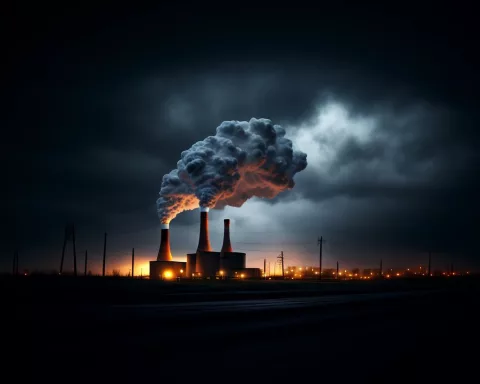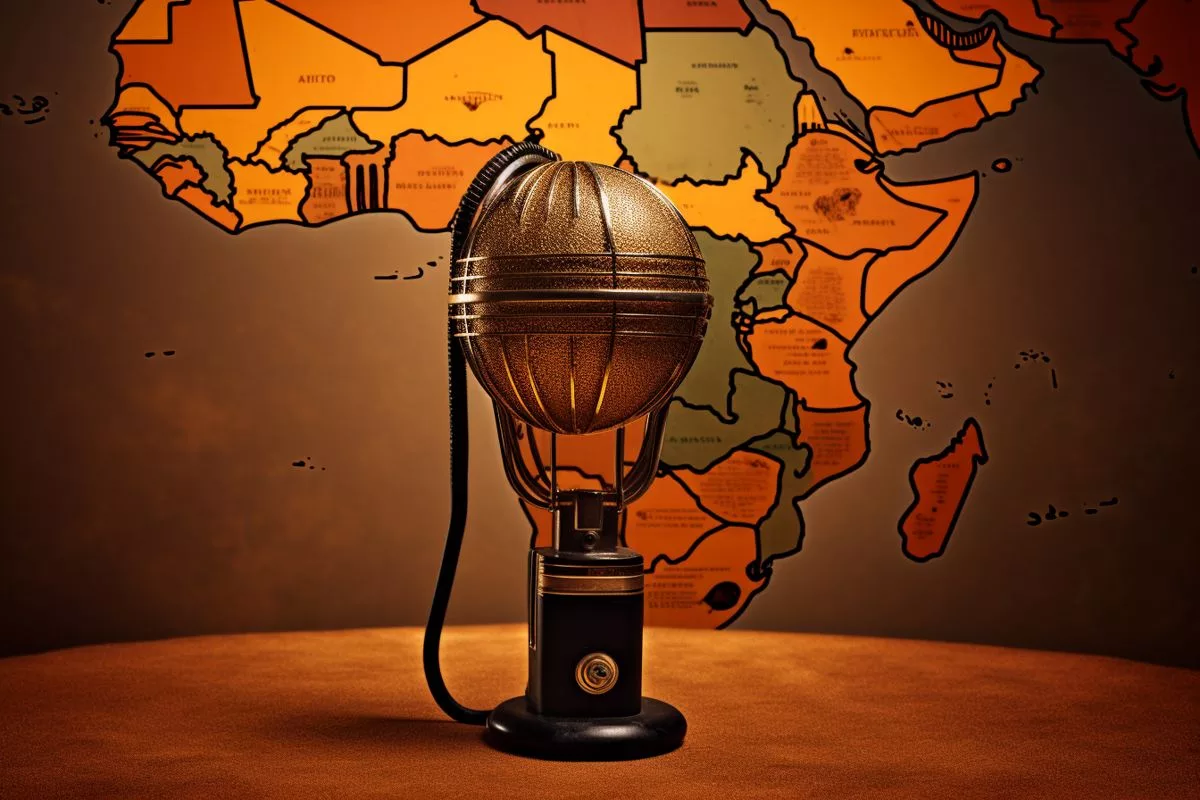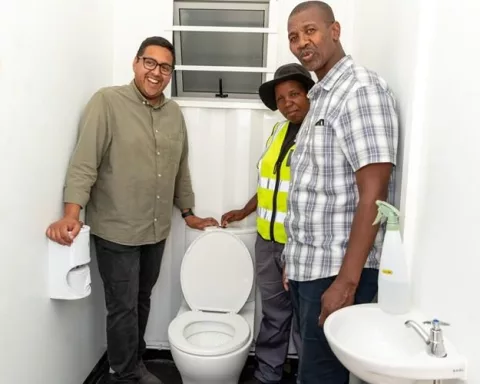The Hessequa Municipality in South Africa plans to combat the energy crisis in the booming town of Riversdale with a R210 million renewable energy project that aims to generate 15 million kilowatt-hours yearly. The project includes a solar photovoltaic system, a battery energy storage system, and monitoring and control systems, designed to provide a reliable backup during periods of high electricity demand. The initiative is expected to enhance public safety, vital services, and minimize economic losses for businesses while establishing a benchmark for other areas worldwide grappling with similar energy challenges.
A Booming Town’s Answer to Power Crisis
What is the plan of the Hessequa Municipality to combat the energy crisis in Riversdale?
The Hessequa Municipality plans to direct a R210 million renewable energy venture over the forthcoming three years to combat the energy crisis in Riversdale. The multi-dimensional project features a solar photovoltaic system with the ability to generate 15 million kilowatt-hours yearly, a battery energy storage system boasting a capacity of 10MW, and cutting-edge monitoring and control systems. The project aims to provide a reliable backup during periods of high electricity demand or low production and enhance public safety, vital services, and minimize economic losses for businesses.
The bustling town of Riversdale in South Africa’s Hessequa Municipality is witnessing a remarkable population boom. This significant population expansion has led to an escalating demand for energy, a demand that the existing power infrastructure has found hard to meet, mirroring a worrisome national pattern. In order to manage demand, load shedding – implementing planned power outages – has become the norm, causing electricity disruptions that impact both individuals and businesses.
A Bold Plan for a Sustainable Future
On 30th November, Alan Winde, the Western Cape Premier, along with Hessequa Municipality Mayor, Grant Riddles, unveiled a daring plan to combat this energy crisis during a media briefing. They declared that over the forthcoming three years, the municipality will direct a R210 million renewable energy venture, with the objective of minimizing and eventually eradicating power outages.
The multi-dimensional project features three core elements.
The initial phase involves setting up a solar photovoltaic (PV) system with the ability to generate 15 million kilowatt-hours (kWh) yearly. This ambitious venture has set its sights on producing 10 megawatt (MW) hours of green energy, which would significantly help in meeting the excessive demand for power in the rapidly expanding town.
The second phase of the project will see the introduction of a battery energy storage system (BESS) boasting a capacity of 10MW. This system is meant to boost energy storage effectiveness and ensure power can be distributed as required, thereby offering a reliable backup during periods of high electricity demand or low production.
The final stage of the plan centers around introducing cutting-edge monitoring and control systems. These systems will offer real-time performance tracking and optimization of the operations, thereby ensuring energy production and distribution is maximized.
The Benefits of the Initiative
The primary aim of this undertaking, as highlighted in the government announcement, is to guarantee a steady power supply which, in turn, will enhance public safety, vital services, and minimize economic losses for businesses.
The project, seen as a symbol of energy resilience, is set to drastically improve living conditions for over 22,000 inhabitants. Alan Winde emphasized that the Western Cape Energy Resilience programme, which includes this initiative, is not just focused on assisting large municipalities but also extends its support to smaller ones.
The mission to eliminate load shedding in the Western Cape is progressing steadily, with this project marking a significant step towards that goal. Despite potential obstacles, there is a strong commitment to devising innovative solutions and not solely depending on the national government to resolve this crisis.
A Resilient and Sustainable Future
The necessity has indeed sparked innovation for the Hessequa Municipality. Their bold move towards renewable energy is intended to serve as a model for other municipalities, charting a path towards a South African future devoid of load shedding. This ambitious project is not merely about addressing a power crisis; it’s about crafting a more resilient and sustainable future for the coming generations.
“We all need to become innovative. We cannot simply sit back and wait for the national government to put an end to load shedding,” Premier Winde asserted, emphasizing the need for proactive measures in these challenging times.
With promises of improved public safety, essential services, decreased economic losses for businesses, and enhanced quality of life for residents, the project carries high expectations for the Western Cape. If successful, this endeavor could establish a benchmark not only for other provinces in South Africa but also for areas worldwide grappling with similar energy challenges.
As the global community continues to tackle the issues surrounding sustainable energy, initiatives such as the one undertaken by the Hessequa Municipality stand as a beacon of hope. They reinforce the potential of local communities, renewable energy, and innovative solutions in our united journey towards a more sustainable and resilient future.
-
What is the energy crisis faced by the town of Riversdale in South Africa?
The town of Riversdale is facing an energy crisis due to an escalating demand for energy caused by a significant population expansion, which the existing power infrastructure has found hard to meet. -
What is the aim of the Hessequa Municipality’s renewable energy project?
The aim of the Hessequa Municipality’s renewable energy project is to combat the energy crisis in Riversdale by providing a reliable backup during periods of high electricity demand, enhance public safety, vital services, and minimize economic losses for businesses while establishing a benchmark for other areas worldwide grappling with similar energy challenges. -
What are the core elements of the renewable energy project?
The renewable energy project features a solar photovoltaic system, a battery energy storage system, and monitoring and control systems. -
What is the budget of the renewable energy project?
The Hessequa Municipality plans to direct a R210 million renewable energy venture over the forthcoming three years to combat the energy crisis in Riversdale. -
What are the benefits of the initiative?
The initiative aims to guarantee a steady power supply, enhance public safety, vital services, and minimize economic losses for businesses. It is expected to improve living conditions for over 22,000 inhabitants, thus establishing a resilient and sustainable future. -
What is the significance of this project?
This project could establish a benchmark not only for other provinces in South Africa but also for areas worldwide grappling with similar energy challenges. It reinforces the potential of local communities, renewable energy, and innovative solutions in our journey towards a more sustainable and resilient future.












